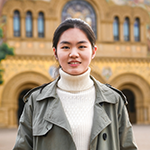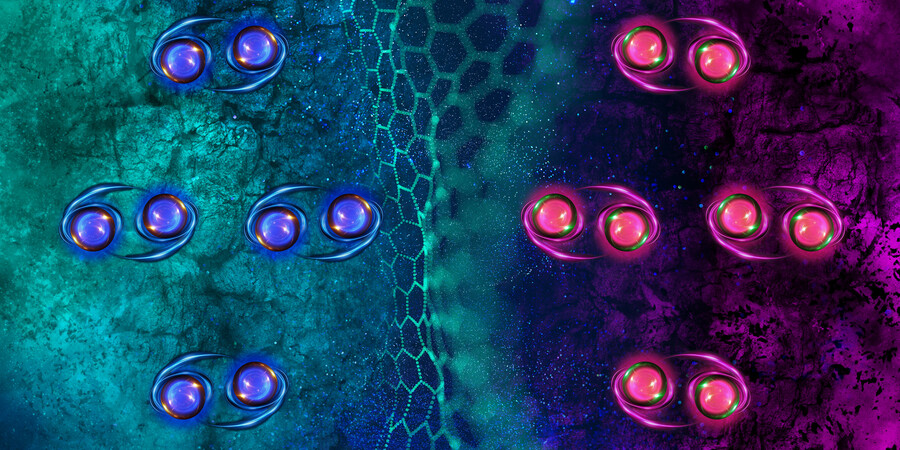MIDDAS envisions a future where massive, diverse memories are physically integrated yet functionally store disaggregated data, enabled by holistic co-design from device to software. MIDDAS encompasses a continuous spectrum of memory characteristics. This is exemplified by BRIDGE (Blended Retention-Indexed Diverse Gain cEll), an innovative on-chip memory solution that offers high density, low energy consumption, and high speed, with tunable retention.
This event is part of the Joint MIT AI Hardware Program and Microsystems Technology Laboratories Seminar Series.

Speaker
Shuhan Liu
Shuhan Liu is a PhD candidate at Stanford University, advised by H.-S. Philip Wong. She earned B.S. degree from Peking University in 2020. Her first-author work includes IEDM’23, ‘24 (2 papers), ‘25 (2 papers), and VLSI’23, ‘24, and SOSP Big Mem’25, and EDL’23, T-ED’24, ‘25. She received 2024 IEEE EDS PhD Fellowship and 2024 IEEE IEDM Best Student Paper Award.
Explore
Closing in on Superconducting Semiconductors
Julianna Mullen | Plasma Science and Fusion Center
Plasma Science and Fusion Center researchers created a superconducting circuit that could one day replace semiconductor components in quantum and high-performance computing systems.
MIT Physicists Discover a New Type of Superconductor that’s also a Magnet
Jennifer Chu | MIT News
The “one-of-a-kind” phenomenon was observed in ordinary graphite.
MIT Engineers Advance Toward a Fault-tolerant Quantum Computer
Adam Zewe | MIT News
Researchers achieved a type of coupling between artificial atoms and photons that could enable readout and processing of quantum information in a few nanoseconds.




